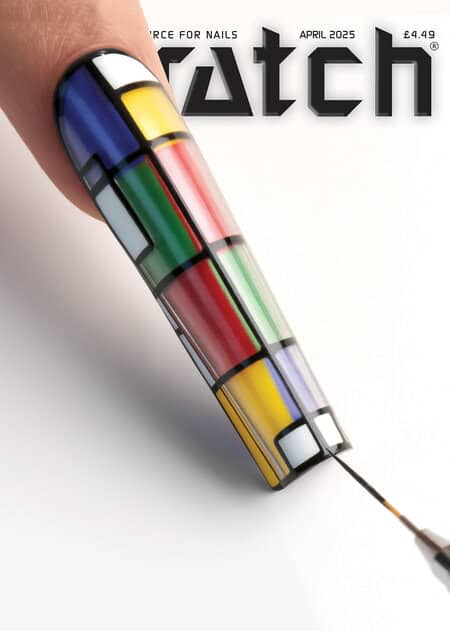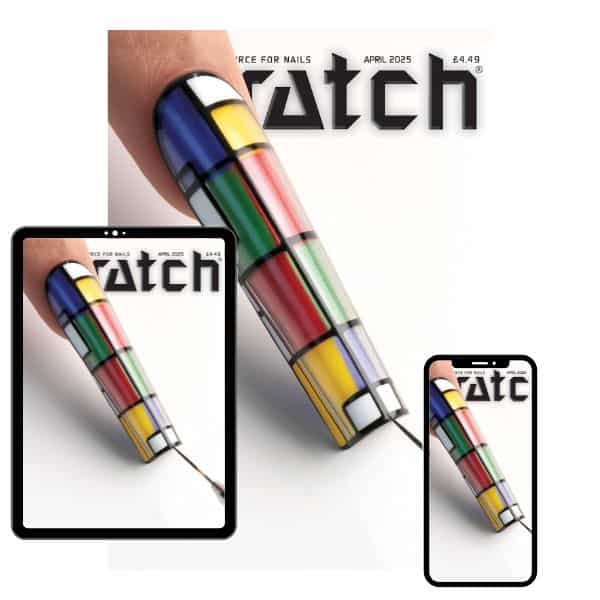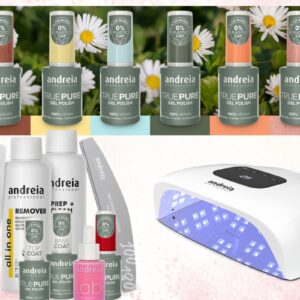
University develops biodegradable packaging for beauty products
By Zoe Wickens | 11 February 2020 | Movers & Shakers, News

A biodegradable packaging has been developed so cosmetics companies can meet the demand for an environmentally friendly alternative.
Toxicologists from Heriot-Watt University in Edinburgh worked with partners across Europe on the BioBeauty project to create the biopackaging, which is made from polylactic acid. This is obtained from corn starch or sugar cane and is both compostable and biodegradable.
Nano clays (which improve the barrier properties of the product) were also added, alongside rosemary extract, which acts as an antioxidant to protect the cosmetic product from degradation.

Dr Helinor Johnston, associate professor of toxicology at Heriot-Watt University
Dr Helinor Johnston, associate professor of toxicology at Heriot-Watt, comments: “We focused on assessing potential harmful impacts on the skin, but also looked at the response of target sites like the liver and immune system. We had to establish the toxicological profile of the individual components, as well as the potential risk to the consumer from any migration of the packaging components of the final product.
“We’re creating better ways to test products ethically. As part of this project, we used artificial skin to provide a more comprehensive assessment of how the packaging might react with skin.”
The team behind the BioBeauty project believes that the new biopackaging will have definite potential in the cosmetics market.
Dr Johnston added: “Brands that develop natural and organic products need packaging that aligns with their philosophy and consumer demand for more environmentally-friendly packaging that reduces waste.
“This is a huge opportunity for the industry to gain a competitive advantage – a recent survey showed that over 70 per cent of European consumers would be willing to pay more for greener packaging.”
Read the full research summary here.

Read the latest issue








